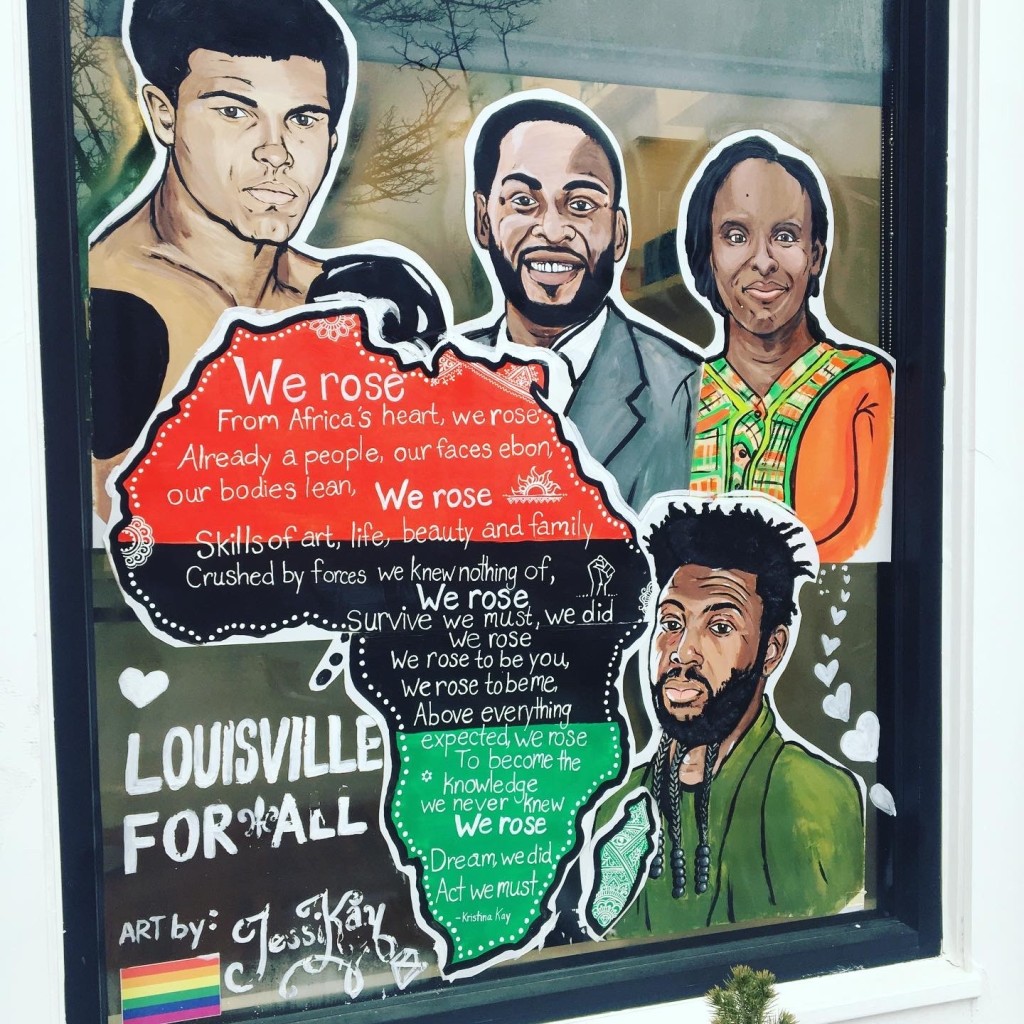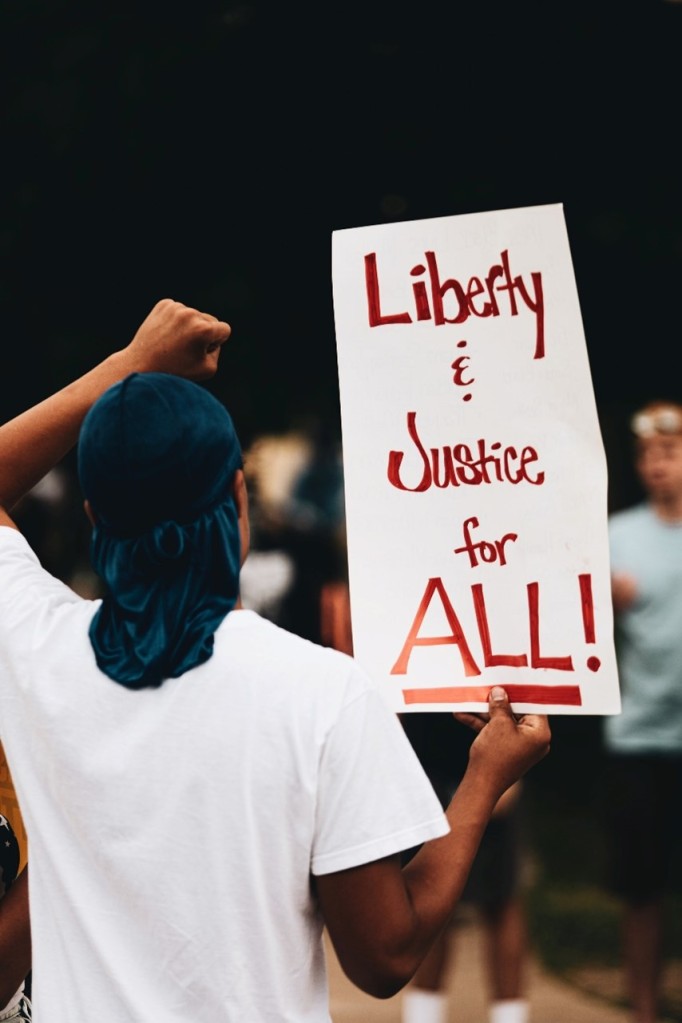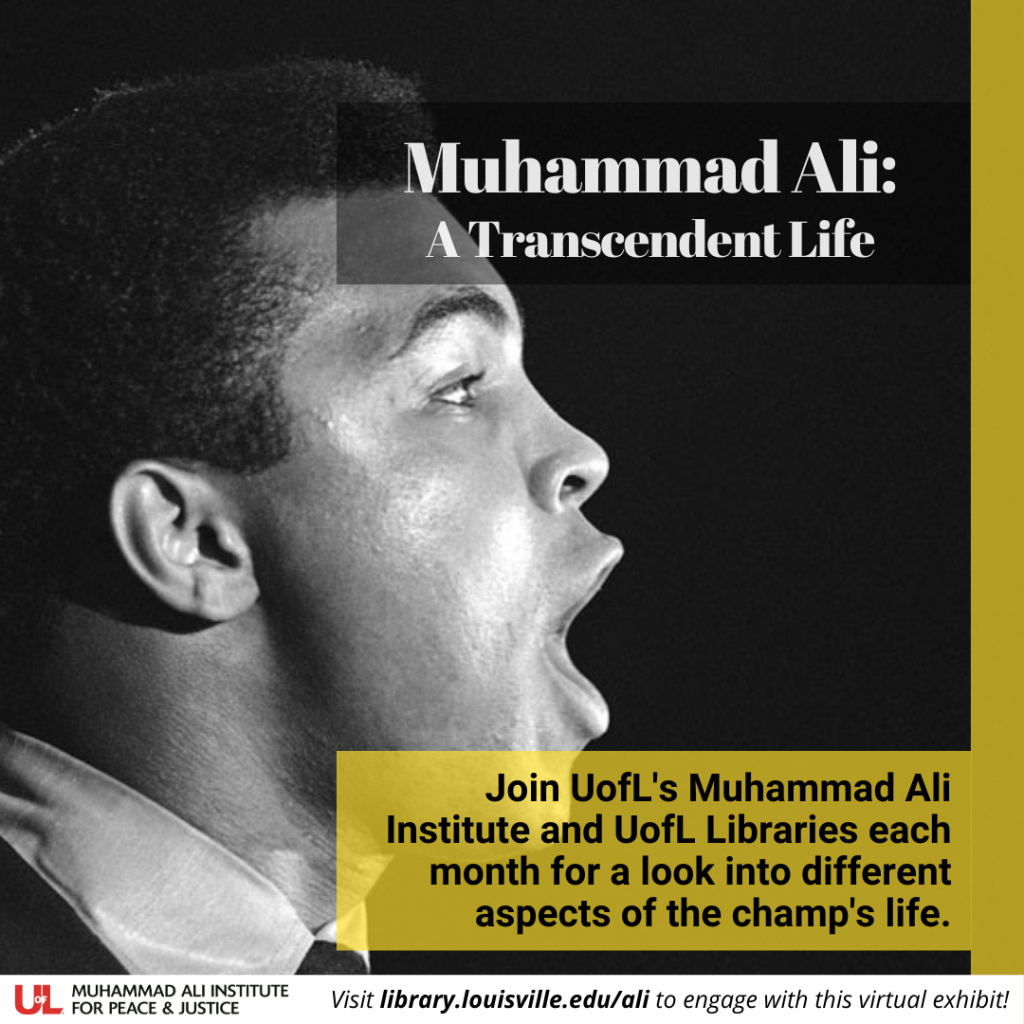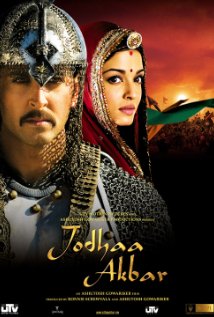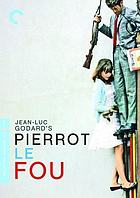Ekstrom Library adds new resources on African Diaspora, Black Drama and Black Studies
Posted: April 21, 2021 Filed under: Books, Collections, Databases, Digital Collections, Digital Scholarship, Ekstrom Library, New Items, New Videos, Photographs, Primary Sources, University of Louisville Libraries, Videos, Web Site Leave a commentThe University Libraries have added new materials to Ekstrom Library’s digital collections, including links to primary source documents, recordings, video and other materials on Black studies, Black drama and the African diaspora. The additions support the University of Louisville’s drive to become an anti-racist campus.
Among the materials are the transcript of the trial of Clay v. United States (Muhammad Ali); 2,500 pages of exclusive Black Panther oral histories; and the full text of over 1,700 plays by African diaspora playwrights, including previously unpublished plays by Langston Hughes, Amiri Baraka and Zora Neale Hurston among other authors.

The digital databases also offer UofL scholars and researchers access to the former Hatch-Billops Collection which includes 5,000 pages of rare interviews, oral histories, photos, original art, poetry, and other firsthand perspectives tracking African American cultural trends in the 20th century. Interview subjects include Dizzy Gillespie, Arnold Rampersand, Errol Hill, Anne Cooke Reid, Butterfly McQueen, and Charles Mingus; many recordings took place when these figures were nearing the ends of their lives, capturing a historical record that would otherwise be lost.
“It’s exciting to provide these new materials to our students and we do think they will appreciate the breadth of these digital databases,” said Libraries Dean Bob Fox. “This is part of our commitment to supporting UofL’s goal of creating an anti-racist campus.”
Recently, Dean Fox reallocated gift funding to purchase books, DVDs, digital collections and other materials on civil rights, equity, and Black history, among other subjects, in support of UofL’s anti-racism initiative.
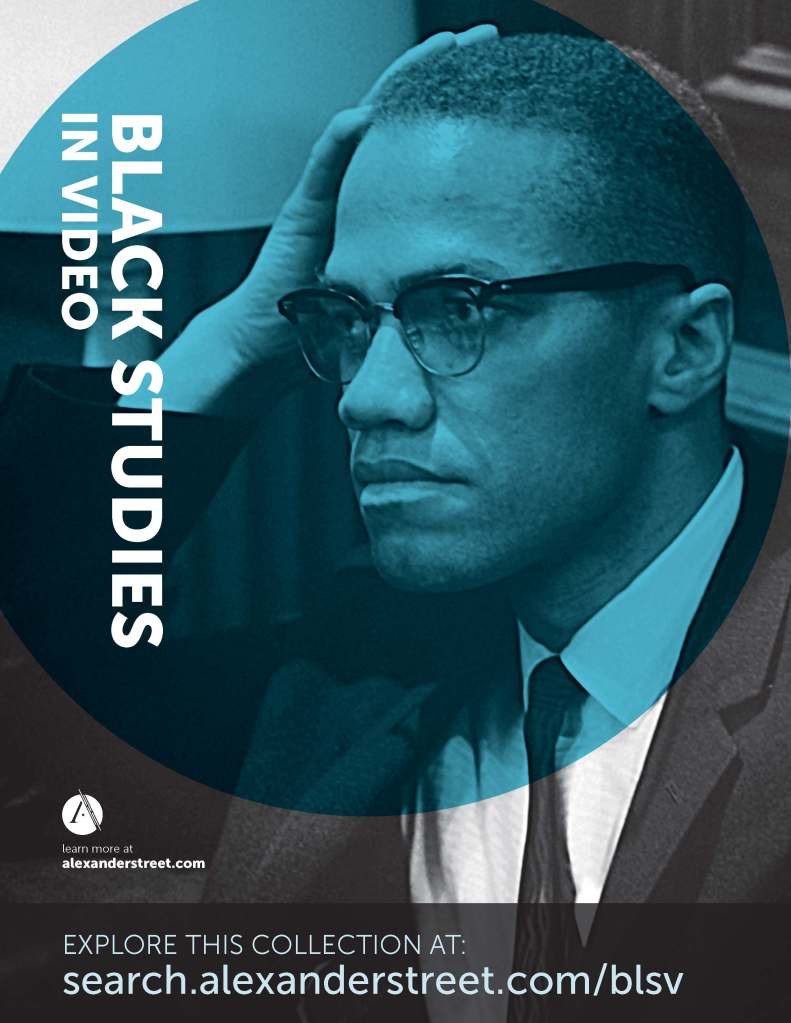
The purchases from Alexander Street Press include:
Primary source documents exploring the migrations, communities and ideologies of the people of African descent who have dispersed around the world. The focus is on communities in the Caribbean, Brazil, India, United Kingdom and France. 1860-present.
Approximately 1,700 plays by 250 North American playwrights, together with detailed information on productions, theaters, production companies, and more. The database also includes selected playbills, production photographs and other ephemera related to the plays. 1850-present.
Black Studies in Video is a collection documentaries, interviews, and archival footage exploring the black experience through history, politics, art and culture, family structure, gender relationships, and social and economic issues.
Black Thought and Culture is a collection of nonfiction writings by major American black leaders—teachers, artists, politicians, religious leaders, athletes, war veterans, entertainers, and other figures—covering 250 years of history. It includes letters, speeches, essays, political leaflets, interviews, and transcripts.
Celebrating Black History and Excellence Throughout the Year
Posted: February 24, 2021 Filed under: Books, Collections, Databases, Digital Collections, Digital Scholarship, Ekstrom Library, Librarianship / Archivy, Louisville, Louisville History, New Items, Photographs, Primary Sources, University of Louisville Libraries, Videos | Tags: african american, Anti-racism, Anti-racist, Black Academics, Black history, Black History Month, Black Scholarship Leave a commentBy: Alexandra Howard, Business Research & Teaching Librarian
Here at the University Libraries, we recognize that the celebration of Black history deserves more than a month. Ekstrom Library’s Research Assistance and Instruction department has created a library research guide that the UofL and global research community can use to investigate and celebrate Black history and Black excellence 365 days a year, every year.
The guide not only introduces library resources on Black history, but also celebrates the history of the Black community in Louisville and recognizes the struggle for racial justice in our city. In 2020, Louisville made national headlines after Breonna Taylor was shot and killed inside her home by police officers. Black history is being made every day in Louisville as leaders work to empower their communities, to secure systemic recognition that Black Lives Matter, and to demand justice for Breonna Taylor. The Louisville portion of the research guide highlights community organizations in Louisville involved in these important efforts.
The Celebrating Black History library research guide also seeks to expand the traditional Black History Month narrative honoring Dr. Martin Luther King, Jr., Rosa Parks, and Malcolm X. While these are important figures, it is vital to expand the narrative and highlight Black scholars from across academic disciplines. We want to ensure that our Black and African American students see themselves reflected in their disciplines. We want to encourage faculty and staff to incorporate the work of Black scholars into their curriculum and research. Our Academic Leaders portion of the guide offers a selection of written material within our collection by Black scholars in different academic disciplines. We plan to expand this portion of the guide and are working on an initiative to highlight the research and scholarship of BIPOC faculty, staff, and students at the University of Louisville.
Some of the incredible resources our library offers to research Black history are the African American Newspapers database, Ethnic NewsWatch, Louisville Leader Collection, and an oral history collection of African American community interviews. The University Libraries recently launched an initiative to diversify our collections. Please send us your recommendations.
If interested in learning more, please email Alexandra Howard: alexandra.howard.1@louisville.edu.
“Unearthing” 19th Century (illegal) tricks to support anatomy instruction
Posted: October 29, 2020 Filed under: Collections, Digital Collections, Digital Scholarship, Kentucky, Kornhauser Health Sciences Library, Louisville, Louisville History, People, Photographs, University of Louisville Libraries, Videos | Tags: anatomy instruction, cadavers, grave robbers, grave robbing, halloween, human anatomy, medical instruction, medical science Leave a commentBy Mary K. Marlatt
The difficulties of obtaining “material” for instruction in gross anatomy forced frustrated medical faculties of the 19th century into illegal activities. From the earliest days of modern medicine, men called resurrectionists provided cadavers for study by medical students and their teachers, but despite an urgent academic need for cadavers to study human anatomy, the only legal manner to obtain a body was through the execution of a convicted criminal. Execution only provided a minimal number of bodies per year – not nearly enough to fill the need of medical schools.
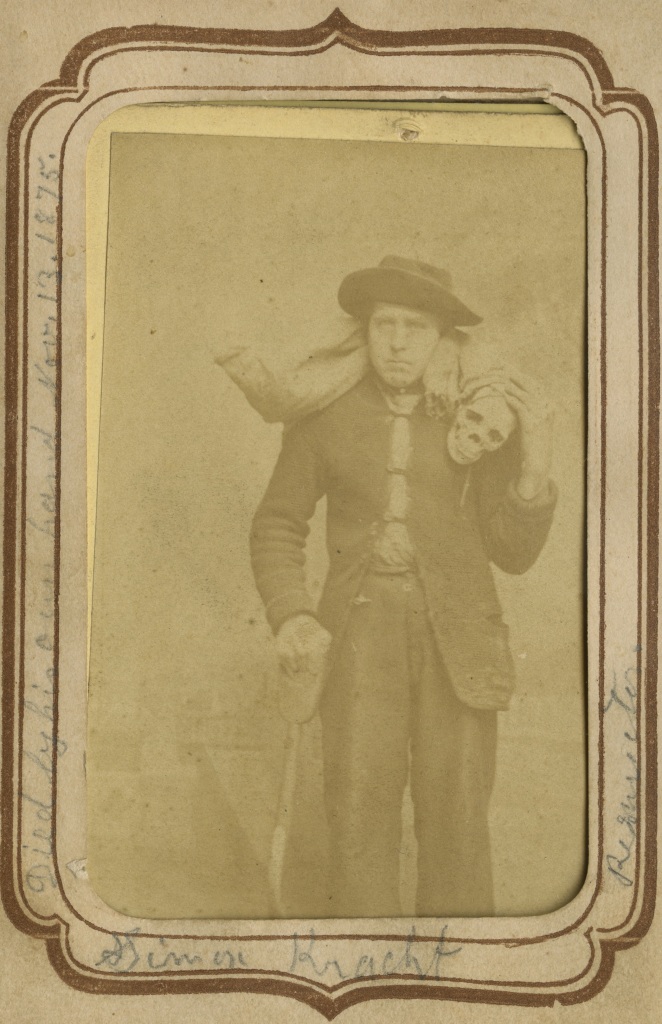
So how did UofL faculty obtain enough bodies for the hundreds (sometimes thousands) of medical students in Louisville during this period?
Kornhauser Health Sciences Library has in its collection several first-hand accounts documenting how this macabre task was accomplished. One tale is told in the diary of Charles Hentz, a student at UofL from 1846-1848, who assisted Dr. George Wood Bayless, then Demonstrator of Anatomy, on his forays into the cemeteries of Louisville.

There is also the story of Simon Kracht, janitor at the medical school from 1871-1875, whose duties including building maintenance and grave robbing. Kracht and a student were arrested in December 1872 when they were found unloading four bodies from the back of a wagon into the medical school.
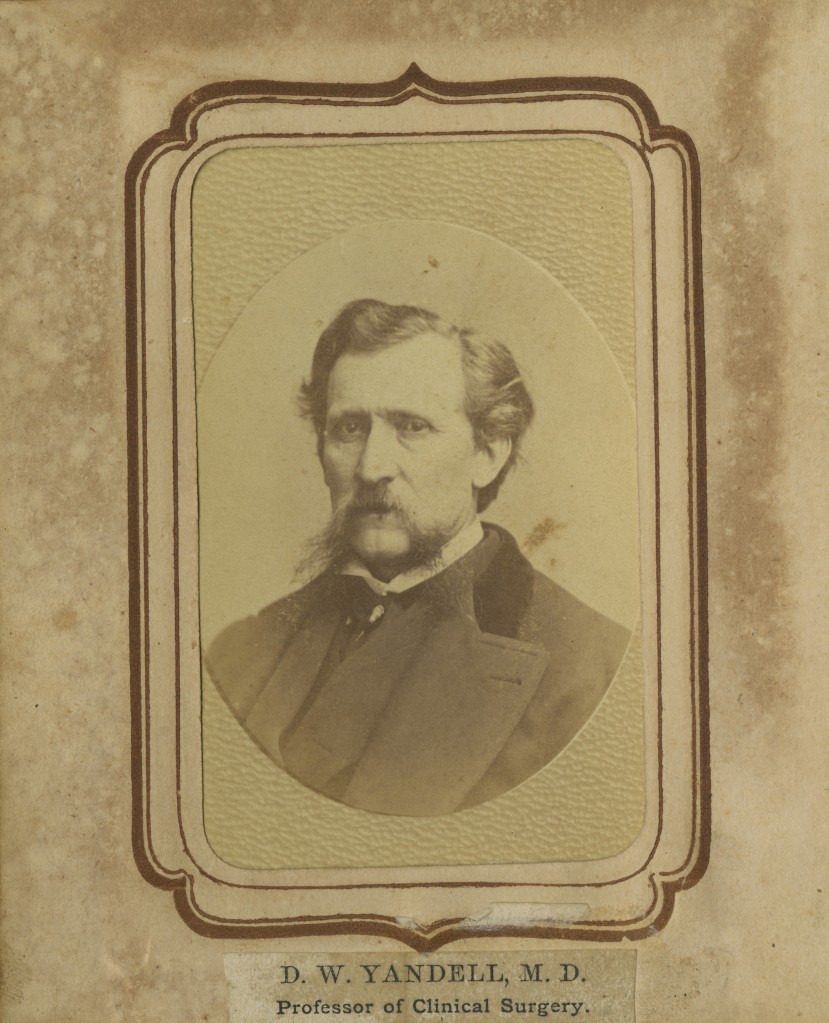
Finally, in 1887, David W. Yandell, MD, son of the first Dean of the Medical School, recounted to a reporter his personal recollections of procuring specimens for the dissecting room. You can learn more about this “grave” historical topic by visiting the display case in the library, just across from the service desk.
Please take time to watch this silent short film, “The Real Body Snatchers,” to learn more.
Doctor Who
Posted: August 20, 2014 Filed under: Books, Ekstrom Library, Videos Leave a commentby Barbara Whitener
British pop culture was just beginning to spread worldwide in 1963. The Beatles first album Please Please Me was released, James Bond was on the screen in From Russia with Love, The Avengers staring Patrick Macnee and Diana Rigg was on the television airwaves. This year also saw the beginning of Doctor Who a television program that The New Yorker calls “the most original science-fiction television series ever made.” Beginning as a British phenomenon, Doctor Who is now more popular than ever and has a worldwide following estimated at over 100 million.
 What is the appeal of this 50 year old science fiction television show? The hallmark of Doctor Who is the humanity and compassion that pervades every episode. The Doctor and his companions care about all beings and believe that life is important and should be defended. Wrongs are addressed by the Doctor but rarely with violence. It is not unusual that when an enemy is brought down, the Doctor is there to comfort the dying villain. The Doctor is a Time Lord but no superhero. There is a vulnerability, sadness and solitary aspect to this time traveling alien. But above all there is in Doctor Who a sense of wonder and respect for the universe and its inhabitants and a hope that we will learn to understand ourselves and others better. The Doctor moves throughout the galaxy in time and space and during these travels we see mirrors of our own society.
What is the appeal of this 50 year old science fiction television show? The hallmark of Doctor Who is the humanity and compassion that pervades every episode. The Doctor and his companions care about all beings and believe that life is important and should be defended. Wrongs are addressed by the Doctor but rarely with violence. It is not unusual that when an enemy is brought down, the Doctor is there to comfort the dying villain. The Doctor is a Time Lord but no superhero. There is a vulnerability, sadness and solitary aspect to this time traveling alien. But above all there is in Doctor Who a sense of wonder and respect for the universe and its inhabitants and a hope that we will learn to understand ourselves and others better. The Doctor moves throughout the galaxy in time and space and during these travels we see mirrors of our own society.
Doctor Who like much of science fiction addresses issues we see daily in the newspaper headlines. It addresses war, genocide, terrorism, totalitarianism, race relations, diversity, equality, technology, family , responsibility, and as one article mentioned – a way to deal with the fears we face as a society. But lest we forget, there is also fun and adventure along the way.
What didn’t I get around to discussing? Doctor Who isn’t complete without knowing about the TARDIS, Daleks, the Cybermen, regeneration, and the sonic screwdriver. If you are a geek or just a Whovian, Ekstrom has many resources that will satisfy your longing to get to know The Doctor better.
Want to watch the episodes? Media has DVDs of the original series (1963-1989) including Doctor Who: The beginning. This consists of 3 serials with a total of 13 episodes. The rebooted series (2005-) 1-7, the Complete Specials, and The Next Doctor are available.
Articles? There are thousands of articles that run the gamut from popular magazine articles to serious academic studies. Interested in the history of Doctor Who? There are many articles that examine the television program including “The Man In The Box” , “Fifty Years in the TARDIS: The Historical Moments of Doctor Who” and “Revenge of the Geeks, Fifty Years of Doctor Who.” These and many more articles can be found in multiple databases including Google Scholar, EBSCO Academic Search Complete, ProQuest Direct. International Index to Performing Arts, Film & Television Literature Index, Humanities Index, MLA International Bibliography, Sociological Abstracts, PsycInfo, Business Source Premier, and Historical Abstracts.
Many books are available. You can pick up and read a Doctor Who novel such as Doctor Who: The Wheel of Ice by Stephen Baxter. Our holdings are not extensive so if the pickings too slim here in Ekstrom, try the Louisville Free Public Library, bookstores or Amazon. There are about 200 tie-in or spin-off novels that follow the voyages of The Doctor.
Non-fiction books about Doctor Who are numerous including Science Fiction Audiences: Watching Doctor Who and Star Trek. There are many general science fiction books and encyclopedias that cover the phenomena and history of Doctor Who. Two examples are: The Cambridge Companion to Science Fiction and The History of Science Fiction.
Faculty Film Favorites
Posted: March 12, 2014 Filed under: Ekstrom Library, Videos Leave a commentBy Rosalinda Hernandez and Hannah Parks
Did you know that Ekstrom Library has over 1500 foreign language films? This collection represents 70 languages, from Albanian to Zulu. We asked some A&S faculty members for their favorite foreign language films, and here’s what they had to say.
Megan McDonough, Department of Humanities/Film Studies
“As with both books and film, it is hard to pick just one as favorite. However, I do love the Hindi film Jodhaa Akbar (2008). This film uses elaborate sets and costumes to bring to life the love story of Hindu princess Jodhaa and Muslim emperor Jalaluddin Mohammad Akbar. Like many Bollywood films, Jodhaa Akbar it has big dance numbers, dramatic fights, and famous actors. Yet, this films subtly deals with issues like religion and tolerance. Displaying the beauty of India in bright, rich colors, this is one of my favorite historical fiction films.”
*You might also enjoy: Lagaan, Earth, Water.
Matthieu Dalle, Department of Classical and Modern Languages
“My favorite foreign film is Pierrot le fou by Jean-Luc Godard (1965). It marks the transition between Godard’s early (“New Wave”) phase and his more experimental, militant phase. And that is precisely why Pierrot le fou is a fascinating film. It retains a (loose) narrative structure and some of the New Wave filmic conventions, but it is eschews linearity and is primarily concerned with the potentialities of cinema.
In Pierrot le fou, Godard shows that not only can cinema encompass literature, poetry, painting, music, etc., cinema IS literature, poetry, painting, music, etc., all at the same time. Pierrot le fou is both universal and intimate: it tells us something about Godard and France in 1965, but it is also a commentary on the human condition.
After seeing Pierrot le fou, French poet Louis Aragon wrote, “art today is Jean-Luc Godard.” Close to fifty years later, I can’t be as categorical; I can’t even amend the statement to proclaim, “art is Pierrot le fou.” It is clear in my mind though that, along with Marcel Proust’s In Search of Lost Time and Joan Miro’s Blue I, II and III, Pierrot le fou is the purest work of art of the 20th century.”
*You might also enjoy: A bout de souffle , Alphaville
If you’d like to further explore our foreign language films, you can visit our Foreign Language Guide. The guide lists all of the foreign language films in our collection, organized by language. You can check out these films at the Media Resources Desk, located in the East Wing of Ekstrom Library.
Summer TV Recommendations
Posted: June 14, 2013 Filed under: Ekstrom Library, Reviews, Videos Leave a commentby Hannah Parks, Ekstrom Library Media Resources
Summer is such a wonderful season. Schedules aren’t so tight, the weather is (usually) sunny, and people seem to be in a better mood than they were during the winter. I love to spend the summer hiking and cycling, but I also enjoy the rainy days, when I have an excuse to stay inside and be lazy. I usually spend these lazy days watching television shows and reading. Once I finish a show’s series or a book, though, I find it difficult to find a new one to start. I usually look for suggestions from friends, which, regarding television shows, aren’t hard to find here in Media Resources.
For those of you who share the same difficulty as I do in finding new shows to watch, I’ve consulted with my fellow Media Resources experts, and we’ve come up with a definitive list of eleven great TV shows to watch this summer, all of which are available through our department’s SGA collection. I’ve limited them to recent shows (aired within the past year) and separated them into genres, in case you’re interested in a specific type of show. I’ve also included their parental ratings.
Need more suggestions? Stop by the Media Department and we’ll help you out!
Comedy
Arrested Development TV-PG
Community TV-PG
Psych TV-PG
How I Met Your Mother TV-PG
Drama
Breaking Bad TV-14
Walking Dead TV-14
Game of Thrones TV-MA
Justified TV-14
Animated
Archer TV-MA
Venture Brothers TV-MA
Family Guy TV-14
Urbanized
Posted: March 29, 2012 Filed under: Ekstrom Library, Videos Leave a commentWhat makes a city great? How are cities designed? Which comes first in city planning priorities: the person or the vehicle? These are some of the questions broached by Urbanized, a documentary film by Gary Hustwit.
A couple weeks ago I attended “Creating a Healthy, Vibrant Louisville,” one of the Sustainable City Series forums, and heard Gil Peñalosa speak about great transformative changes to cities. The Sustainable City Series was created by the University of Louisville’s Urban Design Studio to “raise the community’s awareness of better design practices for our built environment with a focus on moving our city and region towards a sustainable future.”
Peñalosa’s brother Enrique is one of the featured speakers in Urbanized. I really wanted to see the film, but the library didn’t have a copy. So I filled out the Order Recommendation Form and they got a copy!
The documentary takes the viewer around the world to see the successes and failures of cities in meeting the needs of their people. From bike lanes in Copenhagen to the streets of Bogotá, the documentary traces design decisions and the insightful programs that help turn dangerous or disconnected cities into one’s that thrive. The element that ties these programs together (or makes them fail, in its absence) is the focus on people. From a violent neighborhood in South Africa springs a safe walking zone. Government subsidies allow former slum dwellers in India to own and develop their own homes. And then there this heartbreaking story of planner-citizen disconnect in Stuttgart.
So whether you’re into design or urban planning or social change , I’d highly recommend this film.
Here’s a clip from the DVD’s extras to whet your appetite.
Urbanized is available in the Ekstrom Library SGA video collection.
Media Student Movie Reviews – Hunger
Posted: November 9, 2011 Filed under: Ekstrom Library, Videos Leave a commentHunger
Directed by Steve McQueen
by Ashley McKenzie
Michael Fassbender gives an amazing and heartbreaking performance as Bobby Sands, an imprisoned IRA member who initiates a hunger strike in the prison where he and his fellow members are being held. A bit draggy in the set up of the story, it eventually evolves into a fast paced journey of a man who does not believe in giving up without a fight. And fight he does, going three solid months without food, just for the right to be called a member of the Irish Republican Army—which the prison has been refusing to recognize. The cinematography is raw and uncensored, forcing you to observe the conditions these men went through during their inhabitation of the prison without leaving a gap large enough for your own interpretation. Even though it is up in your face, whether you’d like it there or not, Hunger has honesty. This is something oft forgotten once the movie is in actual production. You watch a man suffer, and he suffers for a cause in which he truly believes.
Steve McQueen hits all the marks to draw you into the plot and more than likely send you out crying because of his grasp on humanity. Hunger is dark and poetic. It’s miserable, yet brilliant and by the end you’ll find yourself pleading with the main character in hopes that he will finally eat something that is placed in front of him. As the outsider looking in, you question his morals and methods during his protest that lasts a grueling 66 days, and you wonder if you can say that it’s worth it or not. McQueen questions us as viewers, and that’s what makes for an intriguing plot of a movie that has the potential to be dry and leave us all wondering what we just spent the last hour and a half of our lives watching.
Whether it be horrifically burned into your brain or put onto your ‘watch again’ list, Hunger is a hard movie to forget.
